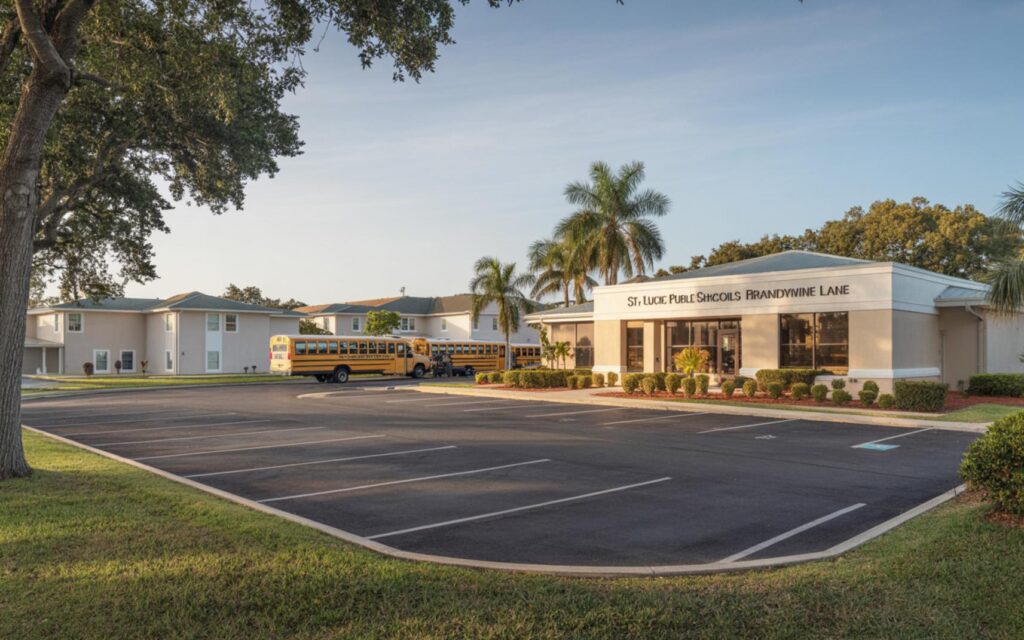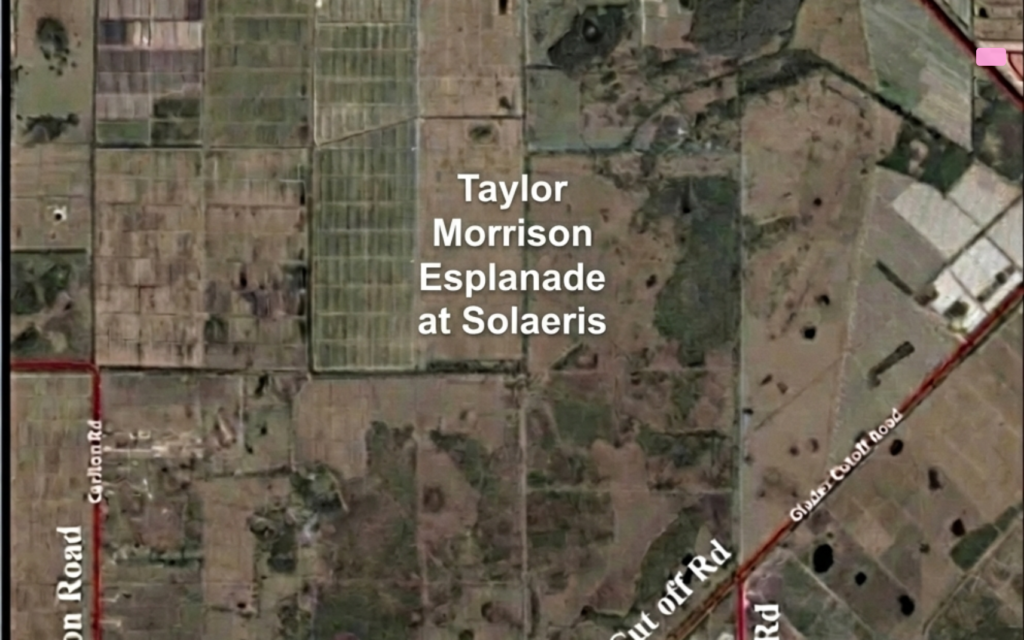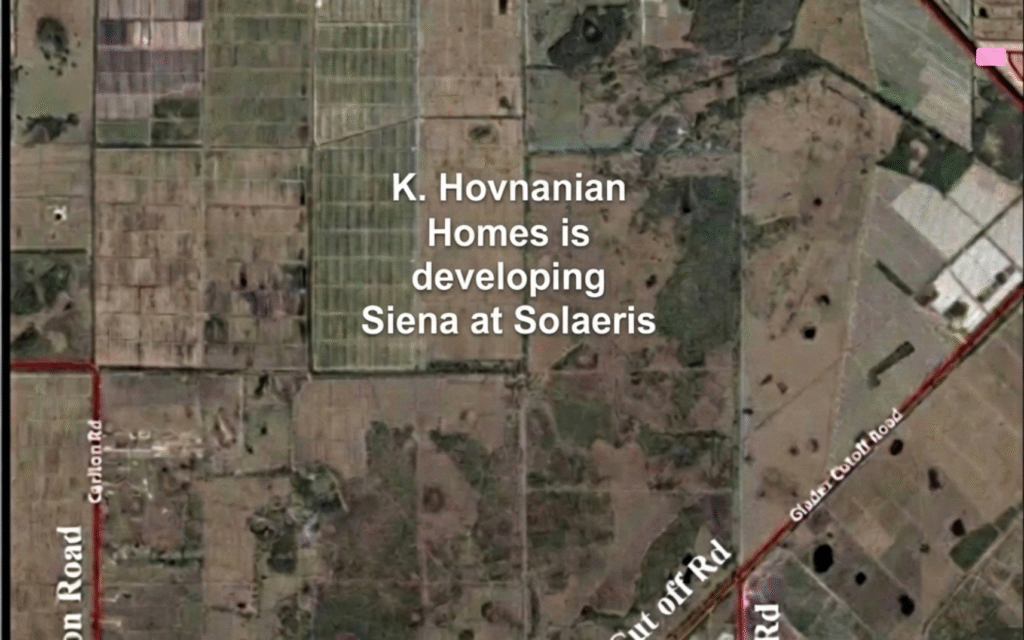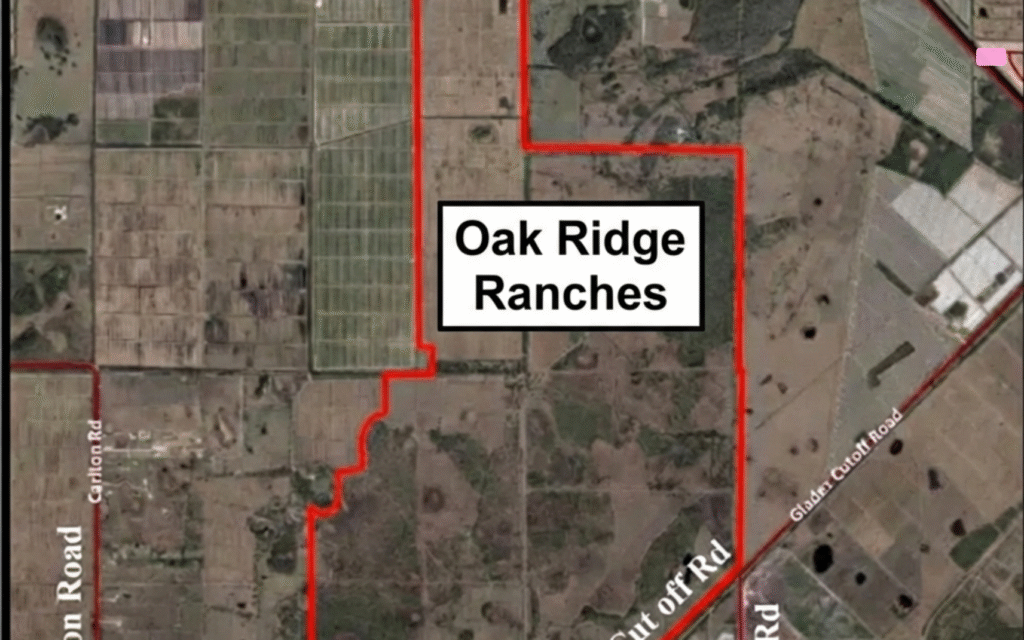ESOL instructors in St. Lucie County play a vital role in supporting English Language Learners (ELL) as the need for bilingual education professionals continues to rise. The ESOL (English for Speakers of Other Languages) program ensures eligible K-12 students receive equal access to curriculum and school activities, regardless of their language proficiency.
ESOL Instructors in St. Lucie County: Program Structure and Requirements
The St. Lucie County School District operates a state-funded ESOL program for students whose primary language is not English. According to district guidelines, these services are designed to provide educational opportunities comparable in amount, scope, sequence, and quality to those offered to English-proficient students.
Florida’s Consent Decree and state laws require public schools to support ELL students with instruction that meets state standards. This ensures that every student, regardless of language background, can access the full curriculum.
Bilingual ESOL Instructors: Increasing Demand and Responsibilities
Demand for ESOL instructors in St. Lucie County is increasing as the local population becomes more diverse. Bilingual ESOL instructors are especially valued for their ability to connect with students and families, bridging language gaps and supporting academic content understanding.
Job postings for the 2025-2026 school year reflect this trend, with positions such as ESOL Spanish Paraprofessional and ESOL teacher assistant available. These roles require fluency in both English and Spanish to assist with instruction and translation needs.
Qualifications for ESOL Instructors in St. Lucie County
ESOL instructors typically need a bachelor’s degree in education, English, or a related field. Bilingual ability is highly valued, especially for those working with Spanish-speaking students and families. Paraprofessionals and teacher assistants may also be required to demonstrate proficiency in English and another language, most often Spanish.
ESOL Program Funding and Support
Title III federal funding supplements state ESOL services in St. Lucie County. According to district reports, these funds support academic, social, and cultural proficiency for ELL students. The goal is to help students develop English language skills while succeeding in core academic subjects.
Schools provide translators and encourage parental involvement, aiming to ensure families receive communications in their preferred language whenever possible. This approach fosters inclusivity and strengthens family engagement.
Role of ESOL Paraprofessionals and Teacher Assistants
ESOL paraprofessionals and teacher assistants support classroom teachers by providing supplemental instruction and helping ELL students access the curriculum. They play a key role in bridging cultural and linguistic differences, making academic content more accessible for students at varying levels of English proficiency.
Instructional Approaches in St. Lucie County ESOL Programs
Some schools in St. Lucie County use full English immersion for ELL students, while others rely on bilingual ESOL instructors to support academic content and school culture. Bilingual staff can explain complex concepts in a student’s native language, helping students transition more effectively to English-only instruction.
Effective ESOL programs integrate language proficiency standards with academic standards. This enables students to develop English skills while keeping pace with grade-level expectations in subjects such as math, science, and social studies.
Current Developments and Future Outlook
Ongoing recruitment for ESOL instructors and paraprofessionals is underway for the 2025-2026 school year in St. Lucie County. Local schools continue to emphasize the importance of hiring bilingual staff, particularly those fluent in Spanish, to meet the needs of a growing ELL population.
According to district officials, the need for bilingual ESOL instructors is expected to increase as demographic trends continue. Schools are actively seeking candidates who can support students academically and culturally, while also facilitating communication with families.
Frequently Asked Questions About ESOL Instructors in St. Lucie County
What is the role of ESOL instructors in St. Lucie County schools?
ESOL instructors help English Language Learners develop English skills while supporting their academic progress in other subjects. They also assist students in understanding school culture and routines.
How much education do you need to become an ESOL instructor in St. Lucie County?
Most ESOL instructors need a bachelor’s degree in education, English, or a related field. Bilingual ability, especially in Spanish, is highly valued for these positions.
Are there ESOL Spanish Paraprofessional jobs available in St. Lucie County?
Yes, local schools regularly post openings for ESOL Spanish Paraprofessional positions. These roles require fluency in both English and Spanish to help with instruction and translation.
Can you work as an ESOL paraprofessional without being fully bilingual?
Some ESOL paraprofessional roles require bilingual skills, while others may not. However, being bilingual, especially in Spanish, increases your chances of being hired in St. Lucie County.
Where are ESOL programs offered in St. Lucie County?
ESOL programs are available in public elementary, middle, and high schools throughout St. Lucie County. Each school provides services to eligible English Language Learners.
































